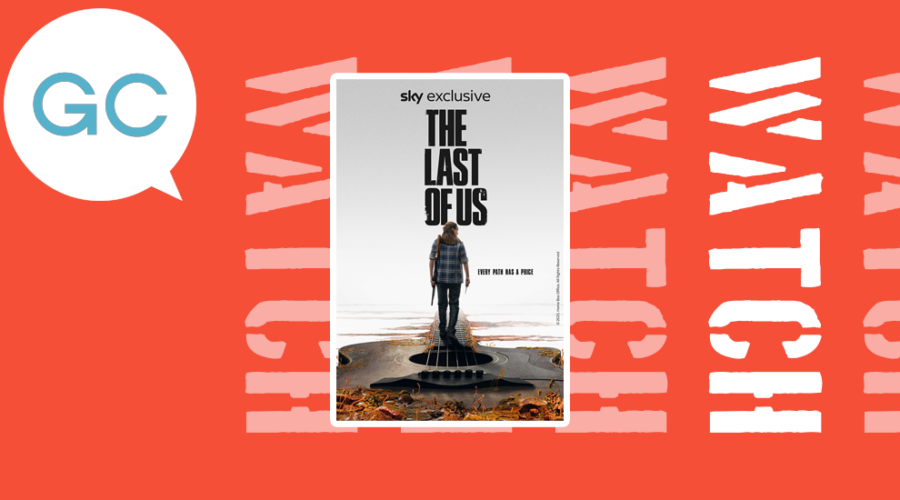This week, it was announced that Neil Druckmann will be stepping away from HBO’s The Last of Us series to focus on his work for Naughty Dog.
Some background in case you are not aware: Druckmann and Naughty Dog are responsible for the two games, The Last of Us and The Last of Us II, on which the show is based. Craig Mazin (you know him from HBO’s Chernobyl) and Druckmann had originally partnered up to create the series adaptation of The Last of Us.
The first season of the show was a soaring success. The second season? It kind of wasn’t. Ratings dropped off steeply, and the concluding episodes felt extremely muddled.
Druckmann’s exit, in this light, makes a lot of sense.
If you played the original games, which I have, these developments will not surprise you.
The first game was a narrative masterpiece. The pressure on the sequel makers was huge, they tried to make a lot of different groups happy, and the various parts of the narrative simply didn’t mesh together.
While I did finish watching the playthroughs (thank you, PewDiePie, in particular!), I never finished The Last of Us II itself. The second half of the game lacked joy and purpose. It kept making you, as the player, make the kind of choices you ultimately hated.
It trapped you.
It was, to put it succinctly, kind of grim.
I presume Craig Mazin knew about all of this when going in to make the second season of the show. Which is why I was hoping that different choices would, perhaps, be made on how this story was told. I don’t just mean plot choices, I mean that maybe, just maybe, the themes and the tonality would be shifted somehow.
In small ways, they were. Ellie, the heroine of the games and the show, is much less depressing in the second season on HBO. There is more humor and warmth to her, instead of all-consuming rage and lust for vengeance (if I tell you why Ellie is enraged, I’ll spoil a major plot development, so I’ll just ask you to trust me here).
The second season also introduced an important grounding character – Gail, a smart-assed therapist living in the post-Apocalyptic town of Jackson Hole, played impeccably by the great Catherine O’Hara. Gail is the normal person’s view on Ellie’s predicament, and on the predicament of what it means to be human in a world ruled by fungal zombies. She’s not an ass-kicking superhero, she’s a normal, vulnerable, and very observant person who can perceive the line between living and surviving. Gail was a great choice.
However, season two still crashed and burned.
And it wasn’t because Pedro Pascal was underused as the beloved Joel, Ellie’s father figure.
And it’s not because a bunch of male fans didn’t think that Bella Ramsey was hot enough to play Ellie – they said the same things when the first season premiered, and that season still worked.
The second season stumbled because Ellie’s revenge quest was flawed from the start, as it was in the second game. It needed a radical sort of re-writing if it was going to work on HBO.
Tough choices had to be made, and instead those choices were half-assed in nature. Staying true to the plot of the second game was unrealistic from the start, in my opinion, and no amount of tinkering could fix the issue.
In light of this, Neil Druckmann’s exit may be for the best.
I’m not saying this because I dislike his work, or because I want to gloat. He revolutionized the gaming industry as we know it with the first The Last of Us, and can frankly rest on his laurels forever as far as I’m concerned (though I am glad that he hasn’t done that, life’s too short to not do the things you love).
Games and television are separate mediums. I often like to run my mouth about how what works in a game may not work for TV, but it also must be said that when a game writes itself into a corner, as The Last of Us II undoubtedly did, it’s up to a showrunner to stay out of that corner altogether.
What does this mean for season three? Well, the show has been renewed, so it certainly means something.
At this point, I am allowing myself to hope that the delicate tension between the gaming world and the world of television will be exploded by the writers.
I’m allowing myself to hope for some chaos, because chaos is where new ideas are born.
When The Last of Us the game first premiered, it was stunning. Not just because of how immersive or well-crafted it was, but because it was the first game that I could honestly compare to a novel in terms of its storytelling. It crossed an invisible barrier and broke your heart and became a playable artwork.
As a series, The Last of Us has reached for similar greatness, and it can do so again.
It just needs an agent of chaos.

